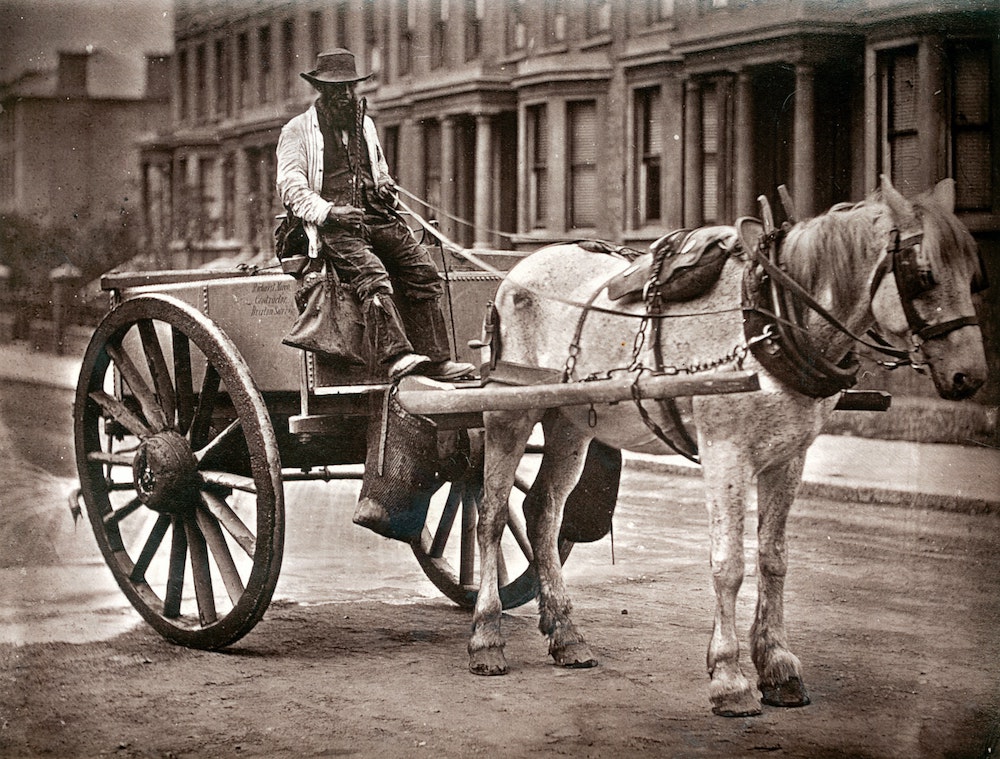In a previous blog I asked you to think about what sort of car your business was, I imagine you didn’t say horse and cart but, still, there is much to be said for not changing things unless you have a good reason.
Changing things takes up your time and money and usually involves risk. These costs and risks need to be weighed up against any potential gains in time, money, and reductions to risk. Often risk increases the longer something is in use. What you need is a good old-fashioned cost benefit analysis but just thinking about it makes your head hurt. You just don’t have time.
Having said that, if something is a critical part of how you make your money, how you adapt to change will be critical to how much money you end up making.
There are some Rules of Thumb that can save you time and reduce potential risk.
- Do not reinvent the wheel – do not build your own IT systems. IT system developers enjoy economies of scale and spread R&D between a large number of units. That’s why VW & Toyota are good value. Don’t try to build your own car.
- Find out what other people do. In this age of the internet you can find amazing stuff like this great way to pack your bag.
- Don’t change everything at once.
- Don’t just do what is popular, many a cliff to jump off exists in the business world. Anyone that spends time on LinkedIn will have seen all sorts of marvels.
- Don’t accept the first thing that comes along to save time, not if it’s something important in your business. Ask around.
- Don’t just do what’s easy – eating pies is easy. There are many big businesses that make it easy for you to sign up but provide bad service after you do, if they think they can get away with it. The ones that have a phone number for sales but not for service, or you wait on hold for ages. Often they become your biggest risk – if it’s a critical part of your operations. Some companies answer their phone and want to help you, just like you do for your clients, having bad service does not necessarily mean more profits for big companies but it can create opportunities for you.
- Find the grey haired people that have seen it all before. As Faye Dunaway said, not her first rodeo. For specialised things don’t just rely on someone junior you employ because it’s cheeper, it can be dangerous and really not fair on them. You will just burn through people, and money, and usually always be in some sort of trouble.
- You can’t be creative and critical at the same time – or can you? – nevertheless be expansive when listing your potential solutions. Just make sure you stress test your ideas by asking questions.
Managing a business is, at its essence, making decisions. Sometimes our decisions are wrong but that is how we learn. We can minimise our mistakes by being aware that lots of other people have faced these questions before us. Did they fix it? Did they break it? Did it break because they didn’t fix it?
The key to building a valuable business is to gather the wisdom to know the difference.
Photo by LSE Library on Unsplash
